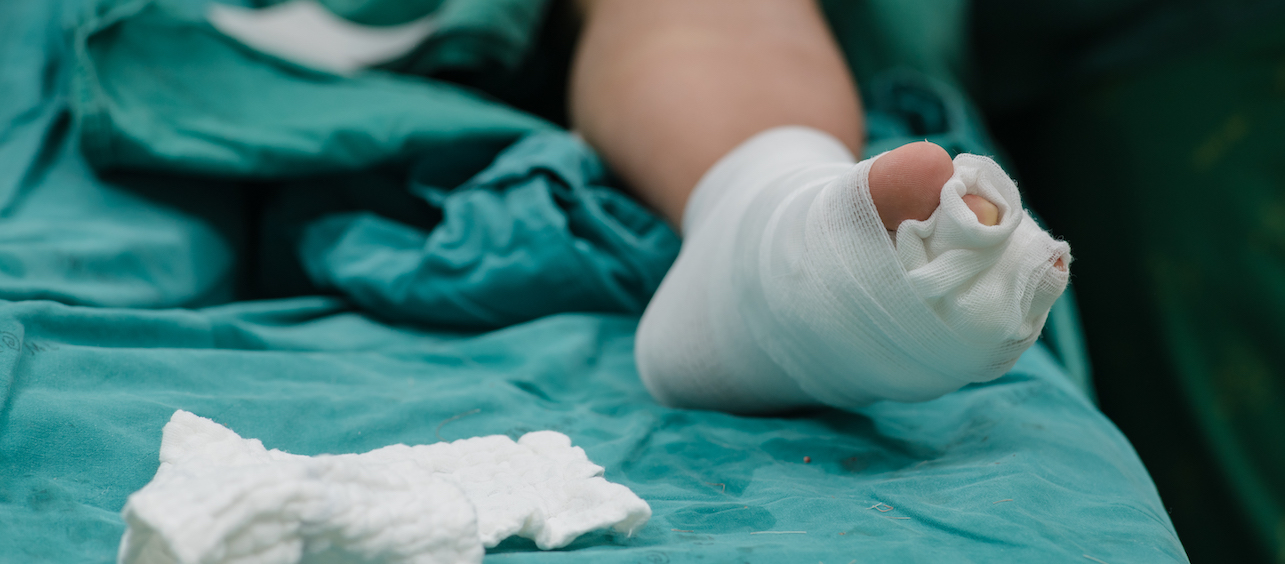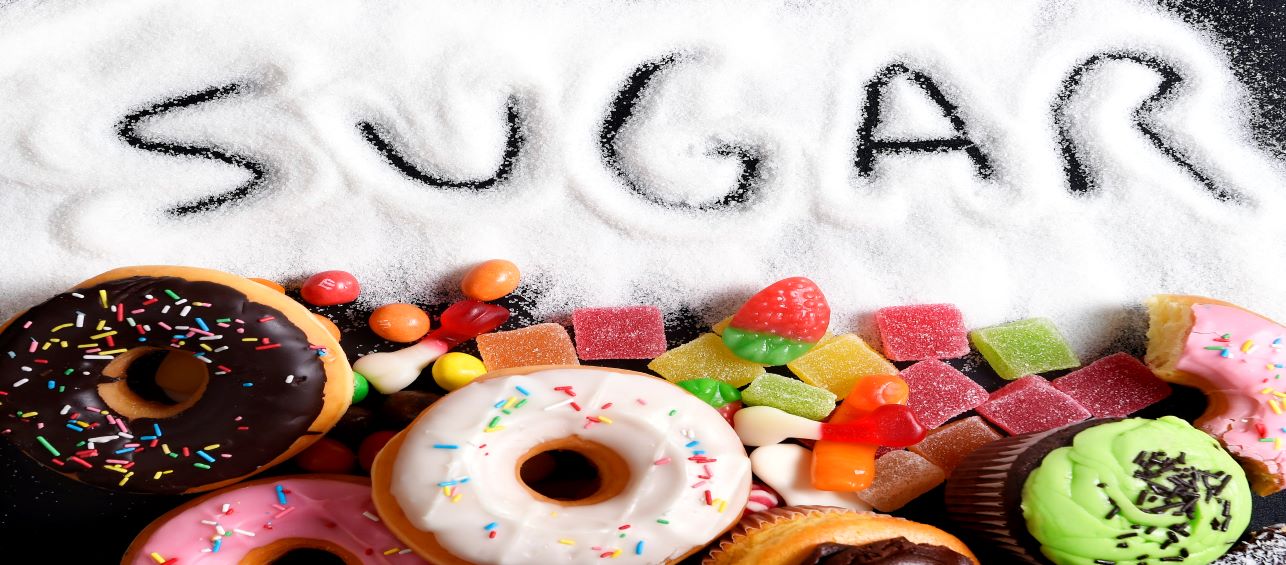The short answer is: Yes!
Adolescents and teens between the ages of 9-18 have the highest need for calcium than any other age group. But the majority of them aren’t getting enough.
Why They Need More Calcium
By age 17, teens will have reached about 75% of their adult bone mass. They need the extra calcium to support the significant amount of growing they do leading up to and during that point. If they’re not getting enough in their diet, their bodies will pull it from the bones. This scenario can set them up for brittle bones and potentially osteoporosis later in life.
Why They’re Not Getting Enough
We have several theories as to why teens aren’t getting enough calcium. The most impactful is probably their choice of soda over milk (which is a good source of calcium). Also, some teens adopt a low-fat or dairy-free diet, which can make it difficult to get the required amount of daily calcium. Further, there are some foods, drinks and substances that can negatively impact calcium absorption. Examples include caffeine, alcohol and tobacco, as well as certain medications for medical conditions. Also, Depo-Provera, a type of oral birth control, can negatively affect calcium levels for teenage girls who may be taking it.
How Much Calcium Teens Need & How to Get It
Adolescents and teens need 1,300 mg of calcium a day. For reference, that’s about four servings of dairy products. And kids younger than nine years old need about 800 mg of calcium a day. Keep in mind that dairy is not the only source of calcium! There are plenty of plant-based sources, such as broccoli, kale, almonds, as well as fortified juices, cereals and alternative milks. And if your child is lactose intolerant, you can find lactose-free milks and cheeses. The International Osteoporosis Foundation has a great list of calcium-rich food sources on their website.
While we’re on the topic of building healthy bones, it’s important to note that exercise can help strengthen them, too. The best types are weight-bearing exercises, like weight-lifting, as well as high-impact, such as running.
When They’re Not Getting Enough
What’s difficult about low calcium levels is that kids don’t really show any signs or symptoms of it. We may suspect it if a child has had repeated bone fractures, and in that case, we would check calcium and vitamin D levels.
We estimate that the bulk of teenagers are getting anywhere between 900-1,000 mg of calcium a day. While that isn’t enough, we start to worry and recommend a supplement for kids who are getting less than 600 mg of calcium a day. If you think your teen falls within that category, talk to their doctor about it.
To learn more about our Division of General and Community Pediatrics, please call 513-636-4506.






